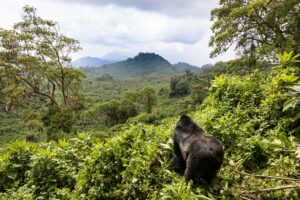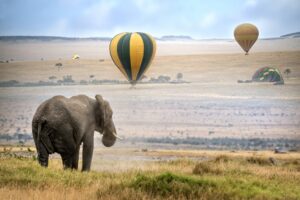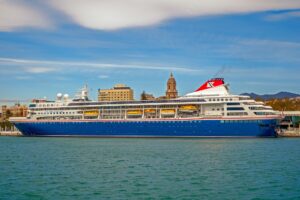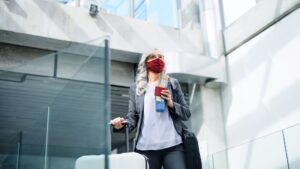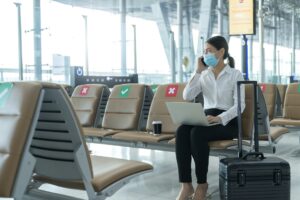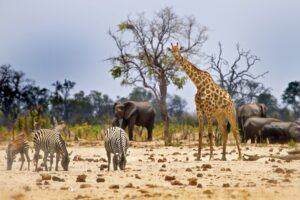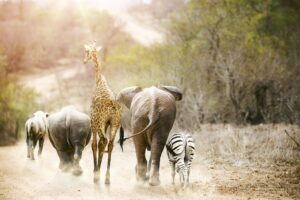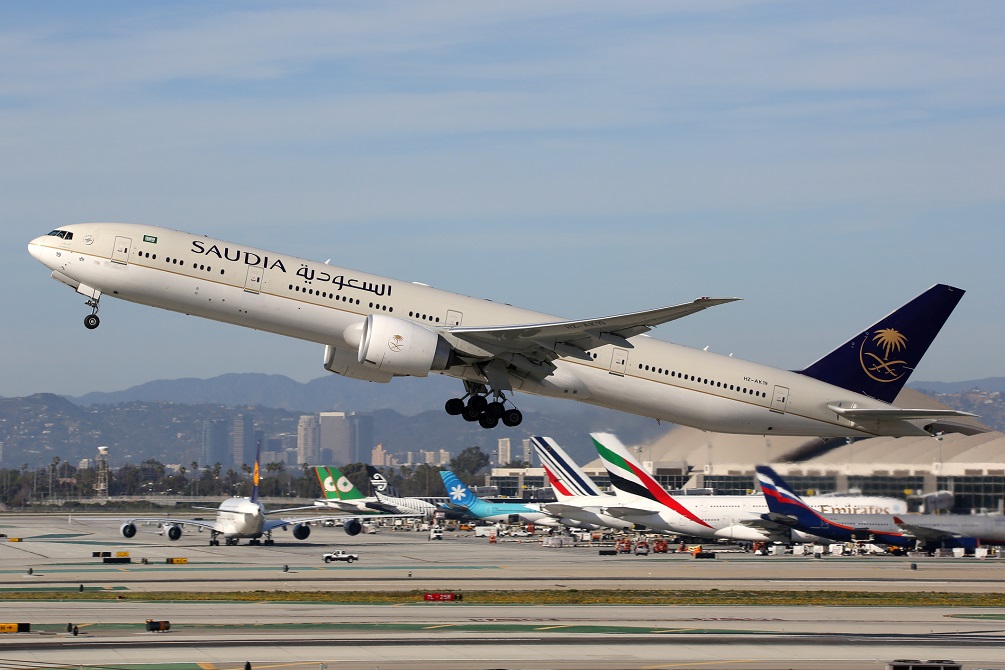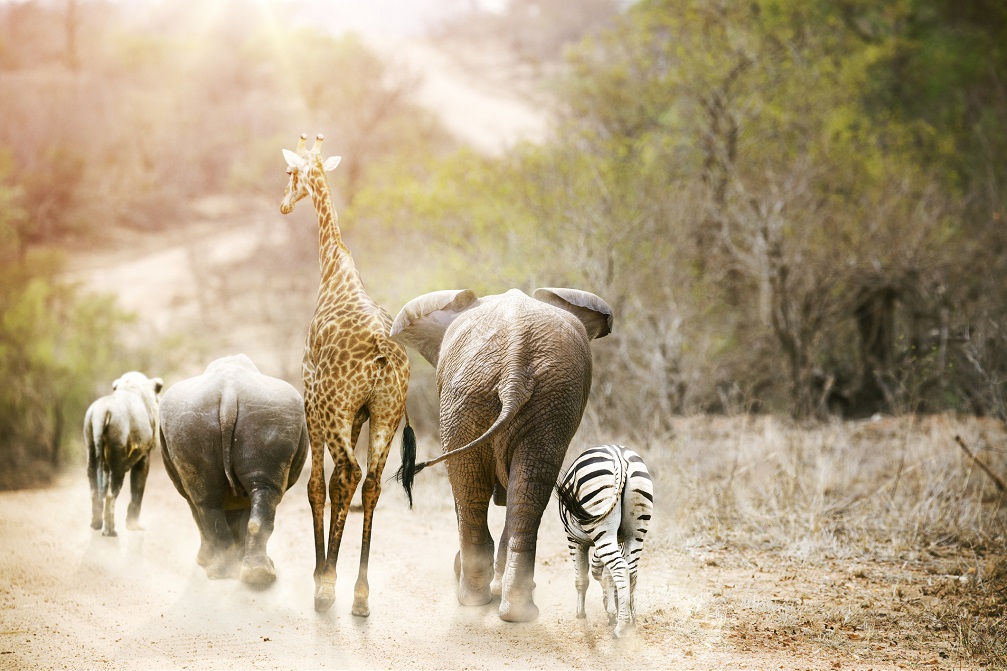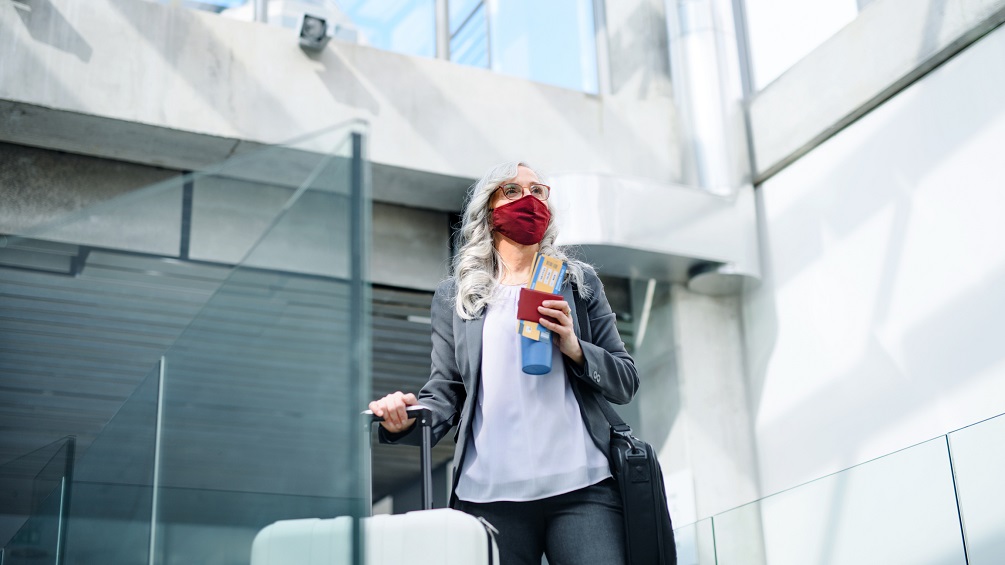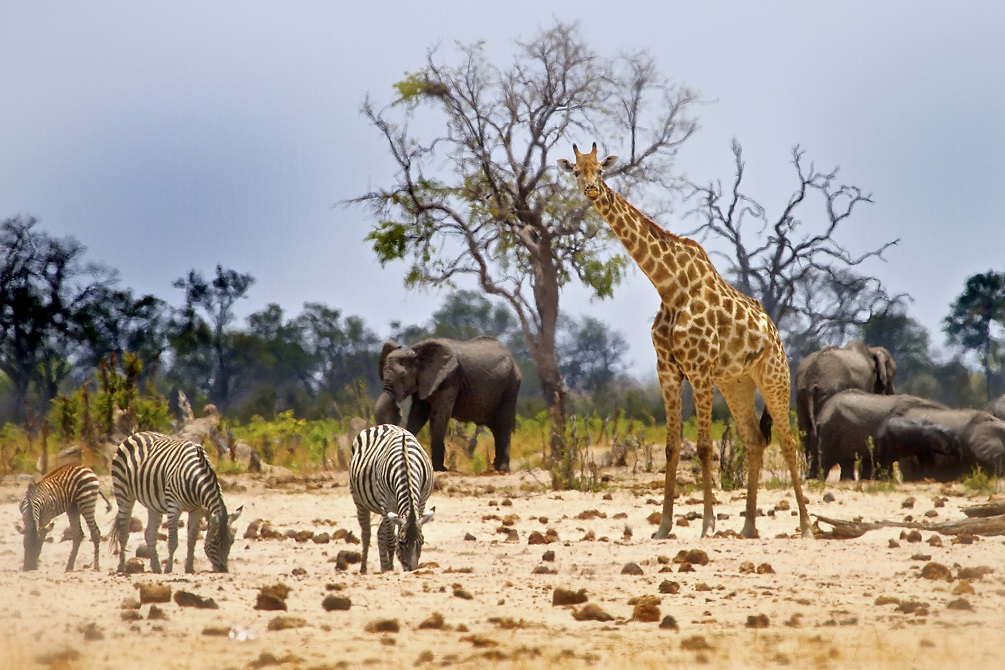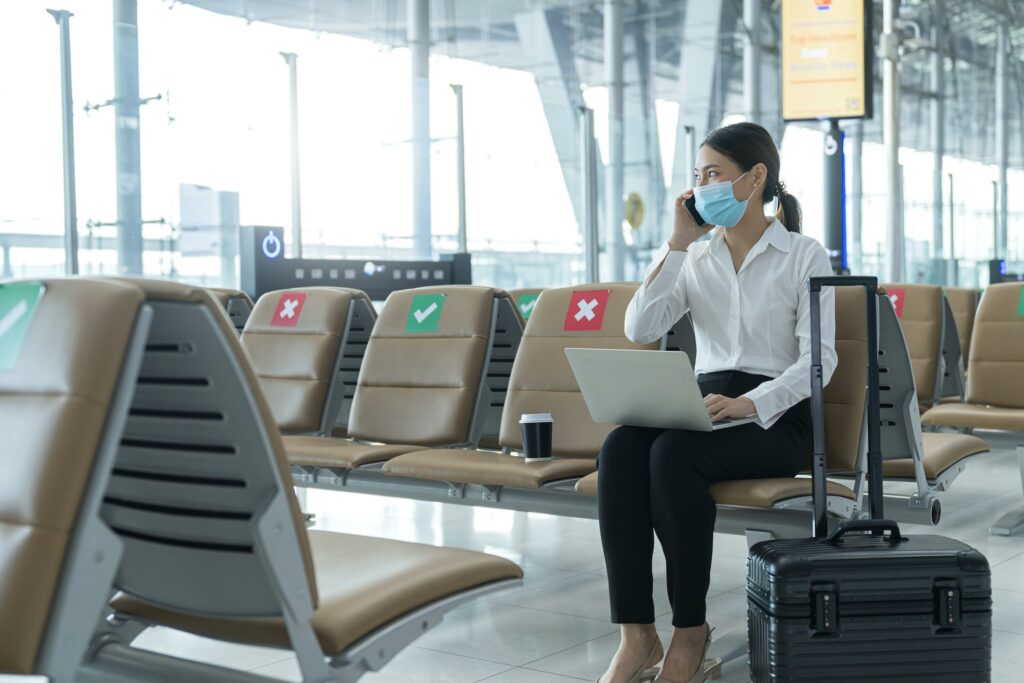Kenya
Africa’s Wild Wild East: Fantastic Beasts and Where to Find Them in Kenya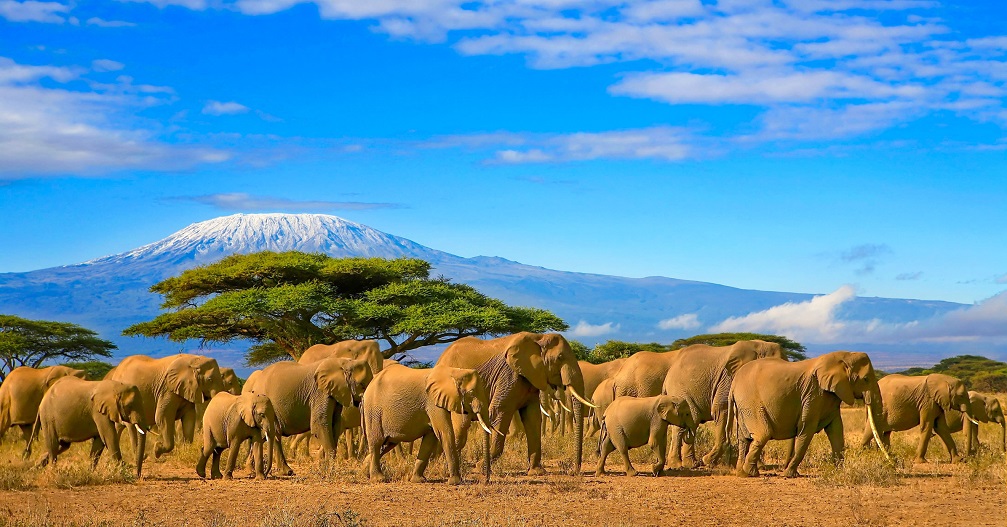
Bound by the Indian Ocean to its east and encompassing stunning landscapes that include green hills and the spectacular savanna, Kenya offers an endlessly rewarding travel experience. More than double the size of the UK, Kenya has excellent beaches and magnificent national parks where you can see the best of wild, untamed Africa – from the big cats and massive elephant herds to the flamingos, a sea of pink in the shallow water bodies. In some of the hilly regions of Kenya and across the vastness of the savanna, ancient nomadic tribes such as the Maasai still roam the forest and grasslands not far from the wild beasts. Though Kenya straddles the equator, its mountains, remarkably, include peaks that are covered by snow. While you can’t miss Kenya’s wildlife safaris that attract visitors from across the world to East Africa, take some time off to acquaint yourself with the ethnic groups that make up this wonderfully diverse nation. Archetypical Africa on your mind? Come to Kenya.
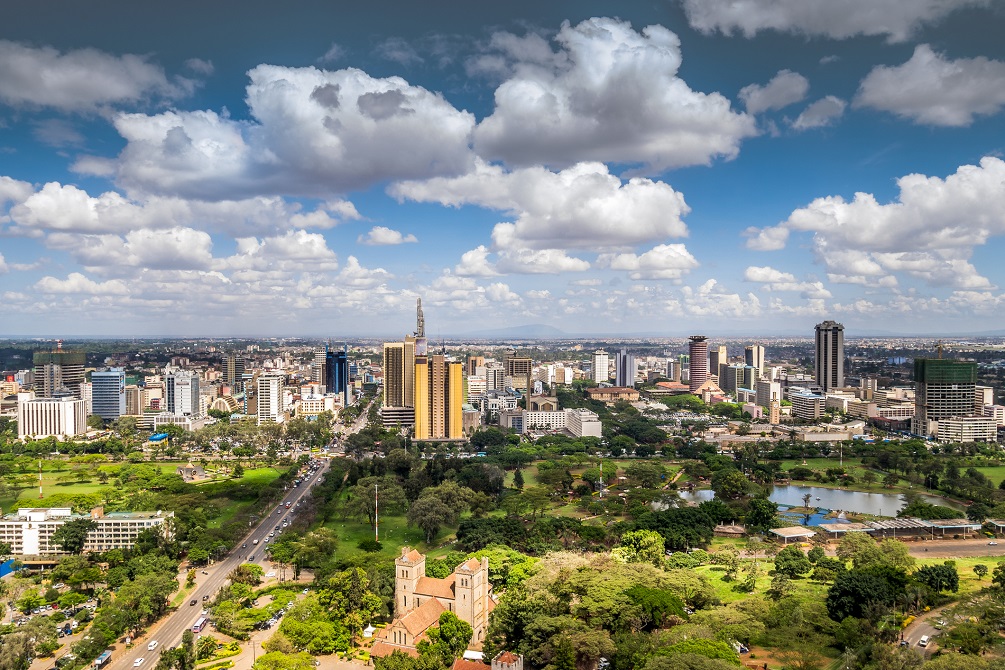


Kenya is located in equatorial East Africa in a neighborhood that includes South Sudan, Ethiopia, Somalia, Tanzania, Uganda, Lake Victoria, and, of course, the Indian Ocean. Kenya’s long coastline has some of Africa’s finest beaches. Most of Kenya’s world-famous wildlife and national parks are in the southwest, a region that has small farms and hills dotting the landscape, which is shaped in part by the dry, dreamy savanna. The Great Rift Valley that cut across the country from north to south has given birth to many lakes and volcanoes. Go further west and you will find a less rugged terrain away from the tourist rush. If endless walking is your thing, you will instantly fall in love with the far west. Capital Nairobi is in the highlands, where most Kenyans stay. The famously green waters of Lake Turkana area in the northern Kenyan desert.
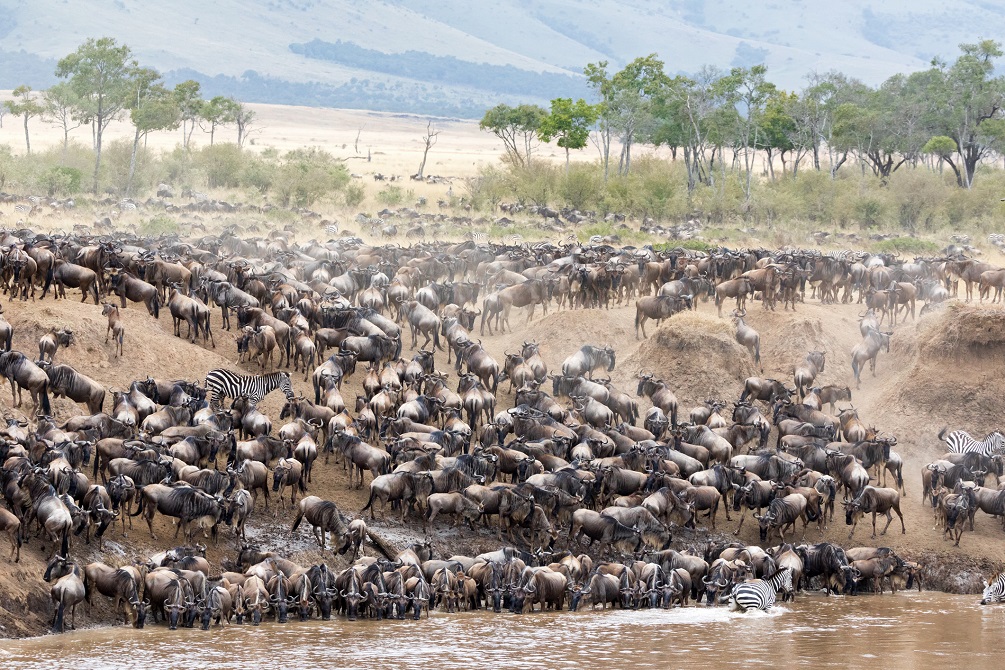


The great annual animal migrations happen between June and October when the rains are scanty – if you’re out to see Kenya’s wildlife, this is the best time to catch it. The summer months, between December and March, can be unforgiving if you are not used to the African heat, but the temperatures are a few notches lower near the coast thanks to the sea breeze coming in from the Indian Ocean. The wet season lasts approximately from November to May. If you’re traveling on a budget, you’ll get the best deals and discounts on everything from flights to hotels during this time. If you are specifically looking for a safari, do note that some resorts are shut in the last few months of the monsoon. Also, on higher ground, it may rain any time of the year.
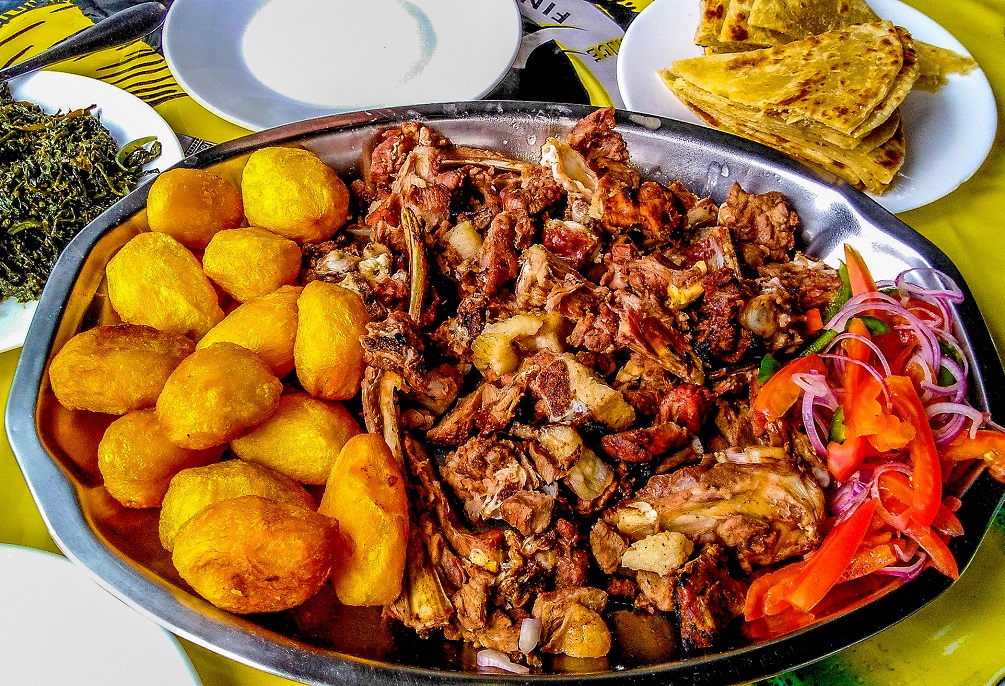


Kenyans love their meat and Nyama choma (roast meat) is among the most beloved Kenyan dishes. The meat may be goat or beef and the preparation methods vary from region to region. In the mood for something more exotic? Then try the Mutura, sausages made from goat intestines. Also look out for Ugali, a Kenyan staple that can be best described as a type of cornmeal porridge. Then there is the delicious Mukimo, a mashed puree of potatoes, corns, and other veggies. Kachumbari, a salad of sorts, makes for a zingy side dish or an excellent stand-alone snack. While Kenyan food in the more traditional communities is influenced by their livestock, coastal cuisine has a more cosmopolitan flavor. Nairobi has plenty of pan-African, Arab, and Indian cuisine options.
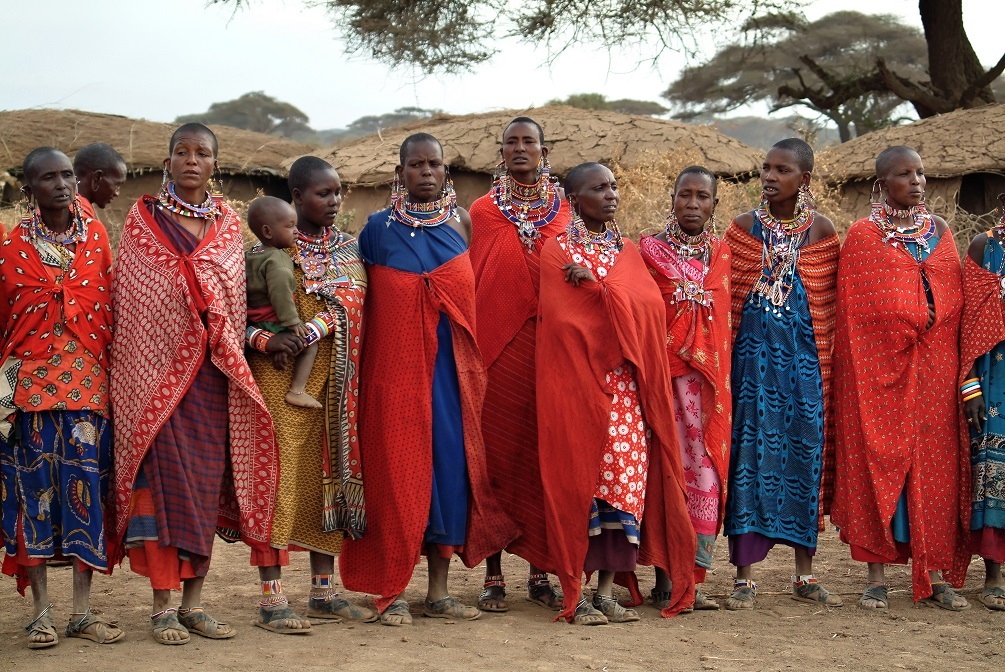


On special occasions and even for daily use, Kenyans are known to wear the traditional kitenge, a sarong-like fabric that comes in attractive colors and designs and is common across East Africa. The kanga is another traditional dress, wrapped around the waist or torso and worn mostly by women. But in cities like Nairobi, western-style attire is common, both for formal and informal occasions. When packing for a trip to Kenya, it’s good to be aware of the fact that though Kenya is a multi-cultural society, conservative social norms are still common in parts and very revealing clothes are best avoided. That said, you can dress more casually in tourist areas. Make sure to include light, loose-fitting cotton clothes, and a light rain jacket. A hat and sunglasses will also come in handy.
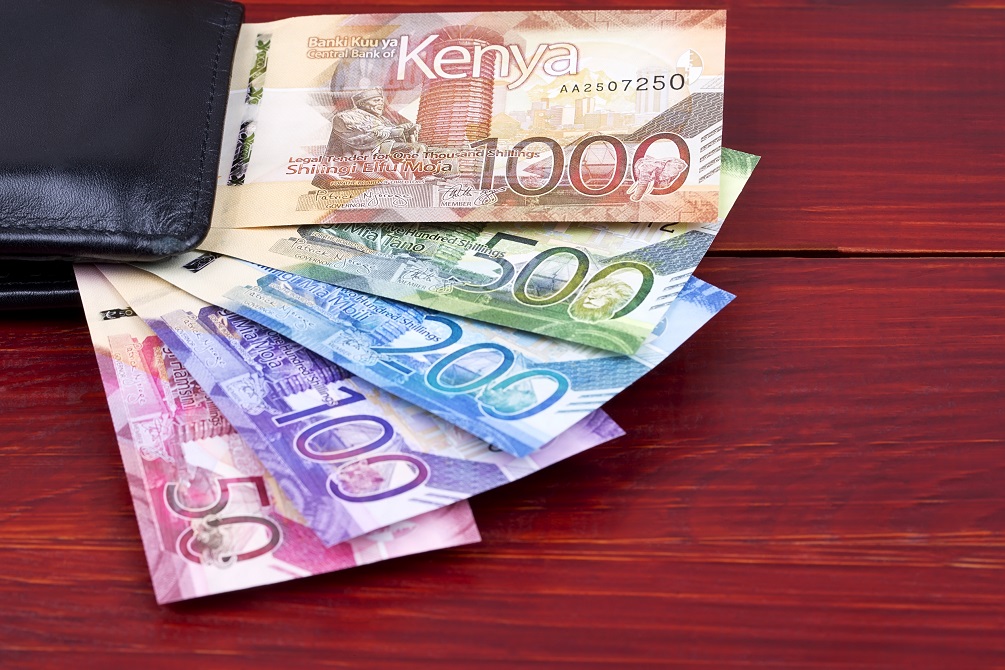


Kenya’s official currency is the Kenyan shilling (KES). Britain’s £1 equals roughly 150 KES. Certain hotels and tour agencies accept payment in American dollars (1USD = 108 KES). Do check the conversion rates at the time of travel. You can use your credit cards easily in Nairobi and other big cities. Establishments in coastal towns like Watamu also accept credit cards. But always keep the local currency at hand to buy souvenirs at streetside curio shops or hitch a tuk-tuk ride. ATMs can be found in shopping malls, petrol stations, and airports. Most retailers accept M-Pesa mobile payments. Kenyans are very mobile-savvy and use their phones to pay for a wide range of goods and services.
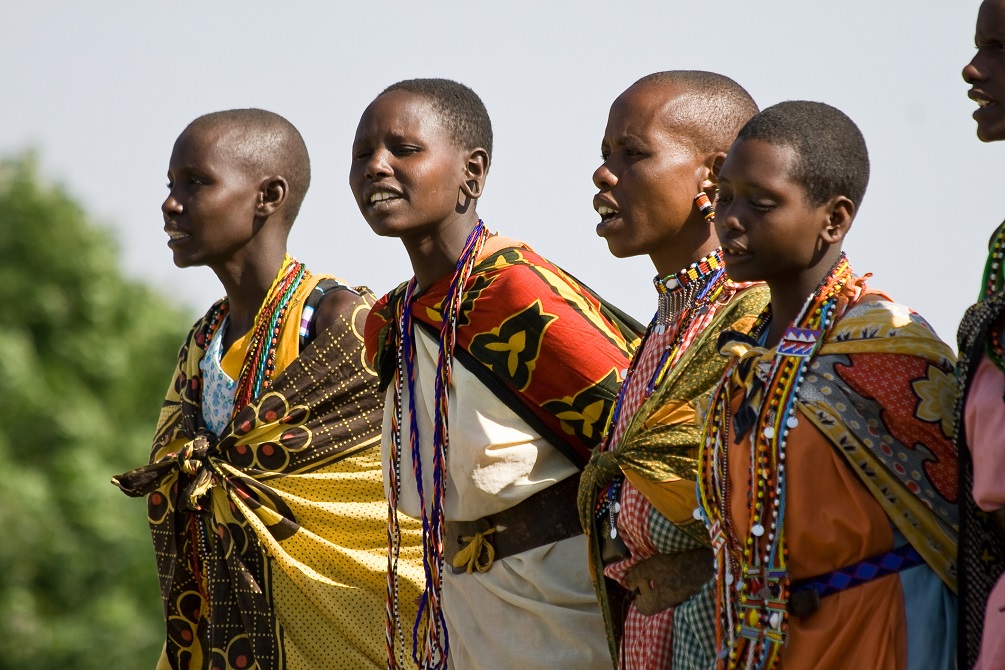


Kenya is home to more than 40 ethnic groups, which makes it linguistically a very diverse nation. But the country’s two official languages are English and Swahili, and almost everyone involved in Kenya’s tourist industry understands English. But if you need to speak to ordinary Kenyans beyond the big cities and tourist hotspots, a smattering of Swahili is pretty useful. For the more remote areas where only the local tribal language is spoken, you will need the services of a good guide to take you around. Urban youth, especially in Nairobi, tend to speak in Sheng, a fascinating local slang that combines English and Swahili (or Kiswahili) and liberally borrows words and phrases from several regional languages.
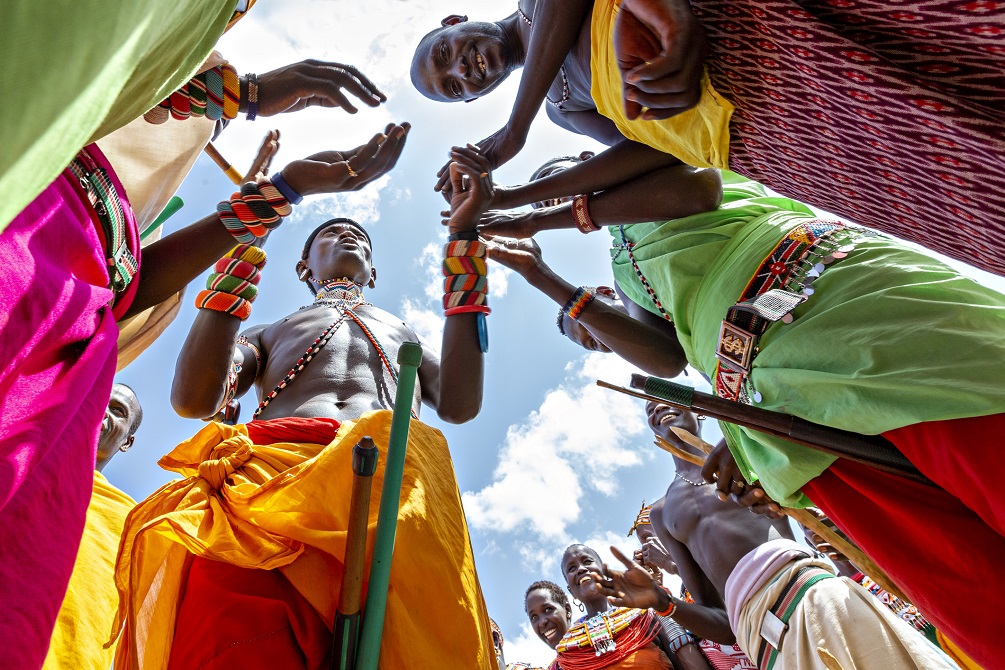


Kenyans are warm and welcoming people. The country’s cultural mosaic is knit together not only by the traditional ethnic groups but also by Indians, Arabs, Europeans, and their descendants who have made Kenya their home over the decades. Greeting a person and shaking his hand is a common practice (obviously the latter is not advisable during COVID times) among men. Physical contact in public places between men and women is less common, but women may shake hands with other women. The influence of westernization is far less visible among the ethnic communities in the interiors, especially in the north and northeast. Be particularly respectful and mindful of gendered norms if you are entering a religious place.
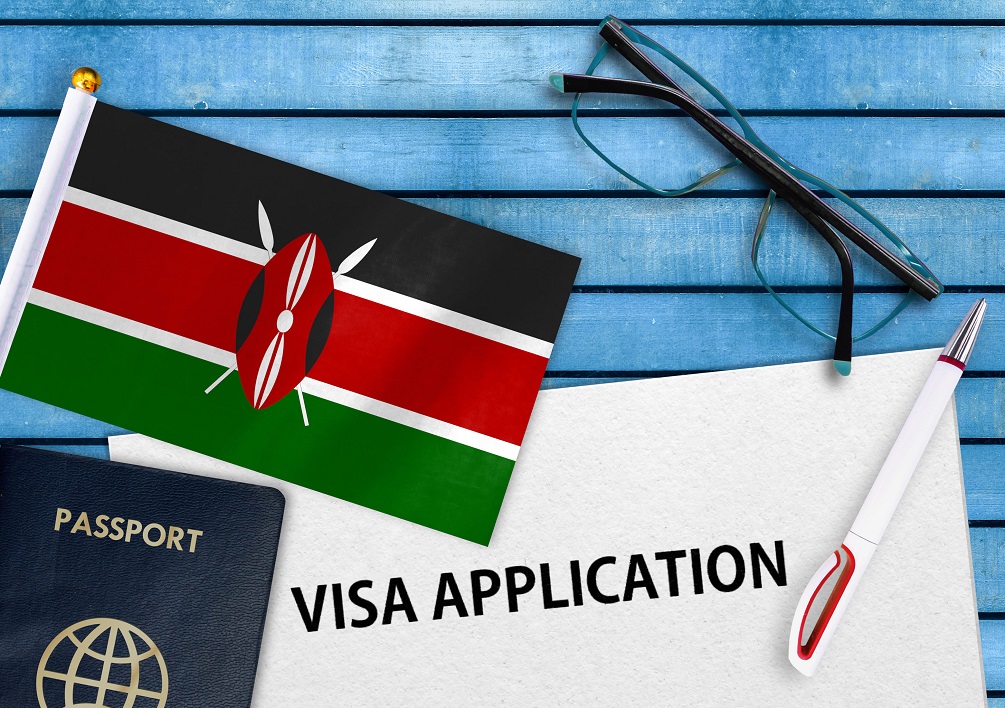


If you are a passport-holder from the UK, Ireland, Australia, Canada or the EU, you will need a visa to enter Kenya. Nationals from many African countries don’t require a visa to travel to Kenya. For UK nationals, entry visas for Kenya are issued electronically, and you must obtain your e-visas before departure. The e-visa website allows you to apply for single entry as well as transit visas. Ensure that your passport is valid for six months or more from the date of entry into Kenya. It also needs to have a minimum of two blank pages.
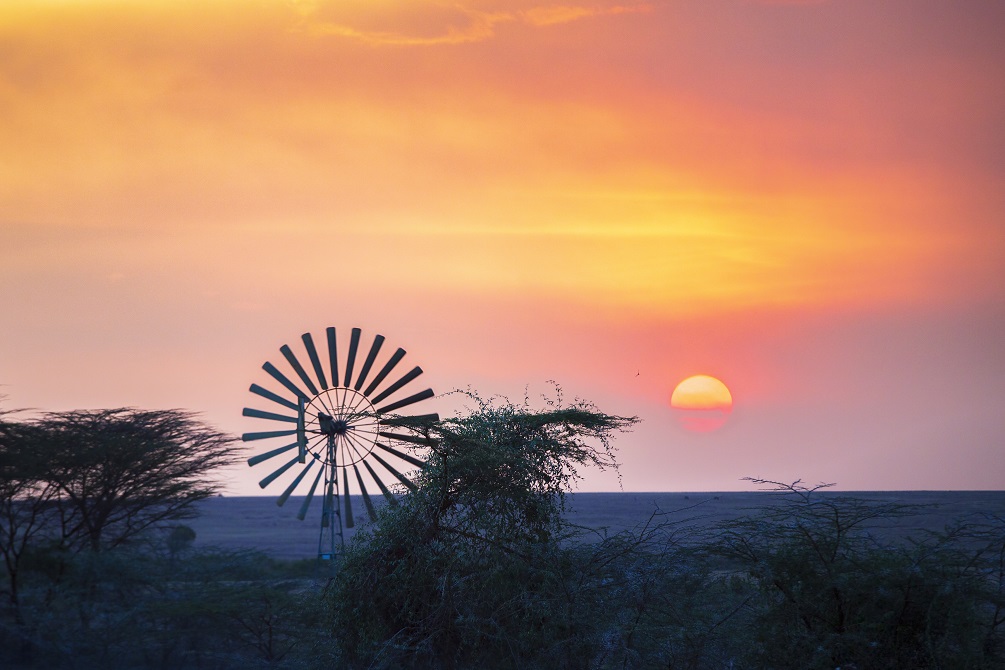


Kenya’s national electricity grid (220–240V, 50 Hz) does not guarantee a reliable supply but luckily, most good establishments have some sort of backup. Lodges that are far from urban centers are often disconnected from the grid – so generators are the only source of power. These are switched on at fixed times in the mornings and evenings. The British three-pin wall sockets are used in Kenya too but if your appliance uses different plugs, make sure to pick up an adaptor after landing in Nairobi. If your appliance works exclusively on 110V, then you may want to pick up a transformer. Helpful tip: pick up a universal adapter with surge protection.



Bound by the Indian Ocean to its east and encompassing stunning landscapes that include green hills and the spectacular savanna, Kenya offers an endlessly rewarding travel experience. More than double the size of the UK, Kenya has excellent beaches and magnificent national parks where you can see the best of wild, untamed Africa – from the big cats and massive elephant herds to the flamingos, a sea of pink in the shallow water bodies. In some of the hilly regions of Kenya and across the vastness of the savanna, ancient nomadic tribes such as the Maasai still roam the forest and grasslands not far from the wild beasts. Though Kenya straddles the equator, its mountains, remarkably, include peaks that are covered by snow. While you can’t miss Kenya’s wildlife safaris that attract visitors from across the world to East Africa, take some time off to acquaint yourself with the ethnic groups that make up this wonderfully diverse nation. Archetypical Africa on your mind? Come to Kenya.



Kenya is located in equatorial East Africa in a neighborhood that includes South Sudan, Ethiopia, Somalia, Tanzania, Uganda, Lake Victoria, and, of course, the Indian Ocean. Kenya’s long coastline has some of Africa’s finest beaches. Most of Kenya’s world-famous wildlife and national parks are in the southwest, a region that has small farms and hills dotting the landscape, which is shaped in part by the dry, dreamy savanna. The Great Rift Valley that cut across the country from north to south has given birth to many lakes and volcanoes. Go further west and you will find a less rugged terrain away from the tourist rush. If endless walking is your thing, you will instantly fall in love with the far west. Capital Nairobi is in the highlands, where most Kenyans stay. The famously green waters of Lake Turkana area in the northern Kenyan desert.



The great annual animal migrations happen between June and October when the rains are scanty – if you’re out to see Kenya’s wildlife, this is the best time to catch it. The summer months, between December and March, can be unforgiving if you are not used to the African heat, but the temperatures are a few notches lower near the coast thanks to the sea breeze coming in from the Indian Ocean. The wet season lasts approximately from November to May. If you’re traveling on a budget, you’ll get the best deals and discounts on everything from flights to hotels during this time. If you are specifically looking for a safari, do note that some resorts are shut in the last few months of the monsoon. Also, on higher ground, it may rain any time of the year.



Kenyans love their meat and Nyama choma (roast meat) is among the most beloved Kenyan dishes. The meat may be goat or beef and the preparation methods vary from region to region. In the mood for something more exotic? Then try the Mutura, sausages made from goat intestines. Also look out for Ugali, a Kenyan staple that can be best described as a type of cornmeal porridge. Then there is the delicious Mukimo, a mashed puree of potatoes, corns, and other veggies. Kachumbari, a salad of sorts, makes for a zingy side dish or an excellent stand-alone snack. While Kenyan food in the more traditional communities is influenced by their livestock, coastal cuisine has a more cosmopolitan flavor. Nairobi has plenty of pan-African, Arab, and Indian cuisine options.



On special occasions and even for daily use, Kenyans are known to wear the traditional kitenge, a sarong-like fabric that comes in attractive colors and designs and is common across East Africa. The kanga is another traditional dress, wrapped around the waist or torso and worn mostly by women. But in cities like Nairobi, western-style attire is common, both for formal and informal occasions. When packing for a trip to Kenya, it’s good to be aware of the fact that though Kenya is a multi-cultural society, conservative social norms are still common in parts and very revealing clothes are best avoided. That said, you can dress more casually in tourist areas. Make sure to include light, loose-fitting cotton clothes, and a light rain jacket. A hat and sunglasses will also come in handy.



Kenya’s official currency is the Kenyan shilling (KES). Britain’s £1 equals roughly 150 KES. Certain hotels and tour agencies accept payment in American dollars (1USD = 108 KES). Do check the conversion rates at the time of travel. You can use your credit cards easily in Nairobi and other big cities. Establishments in coastal towns like Watamu also accept credit cards. But always keep the local currency at hand to buy souvenirs at streetside curio shops or hitch a tuk-tuk ride. ATMs can be found in shopping malls, petrol stations, and airports. Most retailers accept M-Pesa mobile payments. Kenyans are very mobile-savvy and use their phones to pay for a wide range of goods and services.



Kenya is home to more than 40 ethnic groups, which makes it linguistically a very diverse nation. But the country’s two official languages are English and Swahili, and almost everyone involved in Kenya’s tourist industry understands English. But if you need to speak to ordinary Kenyans beyond the big cities and tourist hotspots, a smattering of Swahili is pretty useful. For the more remote areas where only the local tribal language is spoken, you will need the services of a good guide to take you around. Urban youth, especially in Nairobi, tend to speak in Sheng, a fascinating local slang that combines English and Swahili (or Kiswahili) and liberally borrows words and phrases from several regional languages.



Kenyans are warm and welcoming people. The country’s cultural mosaic is knit together not only by the traditional ethnic groups but also by Indians, Arabs, Europeans, and their descendants who have made Kenya their home over the decades. Greeting a person and shaking his hand is a common practice (obviously the latter is not advisable during COVID times) among men. Physical contact in public places between men and women is less common, but women may shake hands with other women. The influence of westernization is far less visible among the ethnic communities in the interiors, especially in the north and northeast. Be particularly respectful and mindful of gendered norms if you are entering a religious place.



If you are a passport-holder from the UK, Ireland, Australia, Canada or the EU, you will need a visa to enter Kenya. Nationals from many African countries don’t require a visa to travel to Kenya. For UK nationals, entry visas for Kenya are issued electronically, and you must obtain your e-visas before departure. The e-visa website allows you to apply for single entry as well as transit visas. Ensure that your passport is valid for six months or more from the date of entry into Kenya. It also needs to have a minimum of two blank pages.



Kenya’s national electricity grid (220–240V, 50 Hz) does not guarantee a reliable supply but luckily, most good establishments have some sort of backup. Lodges that are far from urban centers are often disconnected from the grid – so generators are the only source of power. These are switched on at fixed times in the mornings and evenings. The British three-pin wall sockets are used in Kenya too but if your appliance uses different plugs, make sure to pick up an adaptor after landing in Nairobi. If your appliance works exclusively on 110V, then you may want to pick up a transformer. Helpful tip: pick up a universal adapter with surge protection.
Destinations in Kenya
Travel related news, information and inspirational articles and videos for travellers booking flights or holidays to Kenya. Ask questions about travel in Kenya and get answers from Kenya experts
NEWS
Inspiration, Information and Travel Guides
MEET THE Kenya EXPERTS
If you are looking to book a holiday to Kenya or needs some help and advice planning travel to Kenya then contact one of the UK based independent travel agents that specialise in Kenya itineraries.
FEATURED VIDEOS
Your Travel Questions Answered
Ask any travel related question and get an answer from one of our experts that will provide you with an answer from their personal experience
There is no question for this category.




